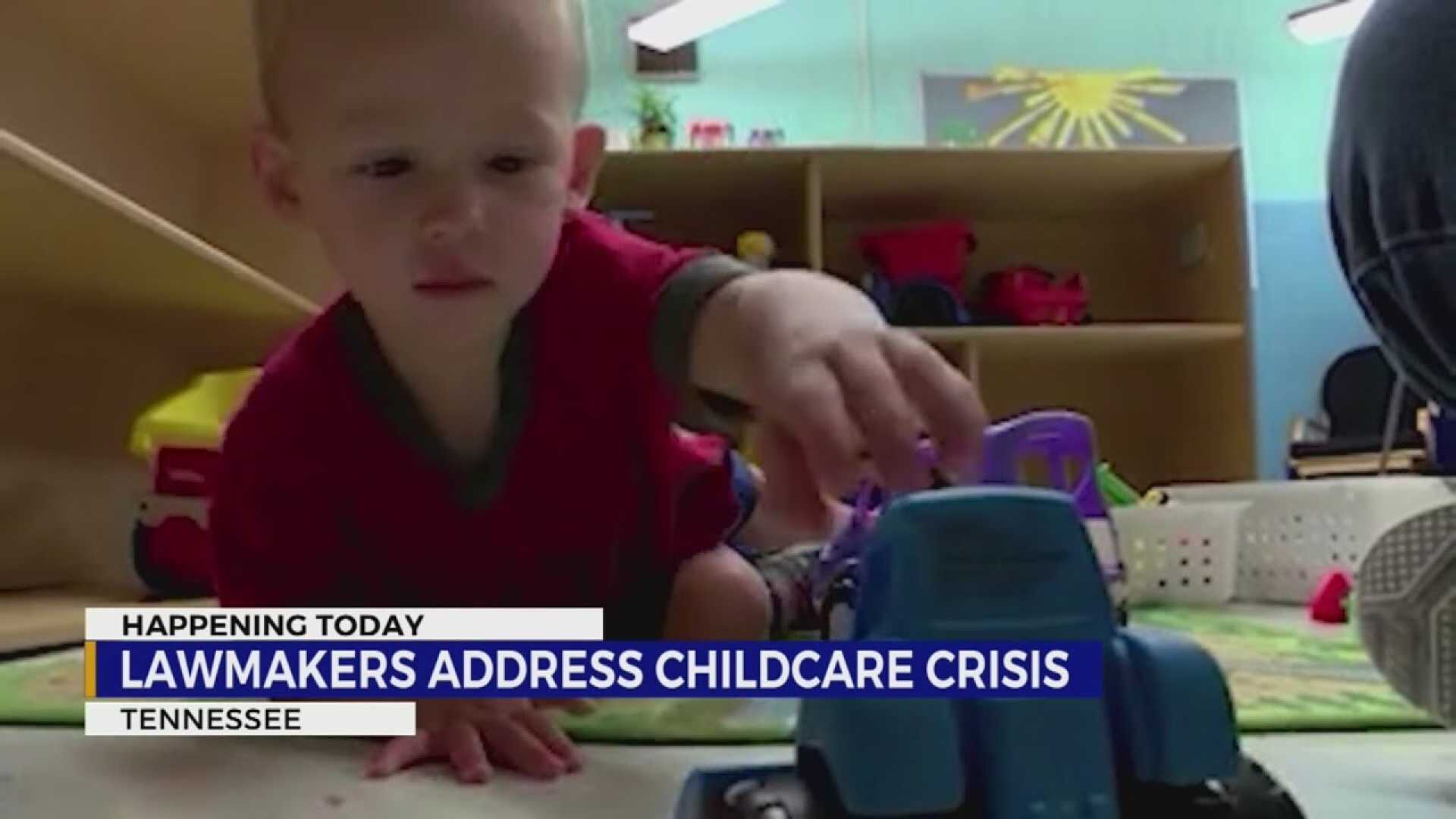News
Tennessee Childcare Program Freeze Leaves Families and Providers in Crisis

PARIS, Tenn. — Millions of dollars intended for childcare assistance in Tennessee are currently frozen, creating financial chaos for families and daycare providers. The freeze has left many searching for solutions as daycare owners warn they may be forced out of business.
At Kilpatrick’s Childcare, only 35 full-time children are enrolled, significantly below its capacity of 85. Director Amy Curd expressed concerns about the impact of the freeze on her operations, saying many families cannot afford daycare without support from the state’s Smart Steps program. She noted that the freeze is draining her emergency savings.
“I’m losing more than $6,000 a week with empty spots in classrooms,” Curd said. “Daycare centers across the state are facing the same issue.” The crisis began in August when Tennessee’s Child Care Development Fund allocation was reduced by approximately $44.5 million, according to a Department of Human Services spokesperson.
This reduction has affected the Smart Steps program, which helps families pay for childcare and allows centers to expand and improve services. With the end of COVID-19 relief funding, the state’s childcare funding has returned to pre-pandemic levels. A waitlist for new applicants to the Smart Steps program has been initiated, but current enrollees are not affected.
For families like Cassondra Holloman’s, the freeze has been devastating. Holloman, a single mother of three, relied on Smart Steps to afford childcare costs. After missing a renewal deadline, she was left with a $788 weekly bill, prompting her to pull her children and find alternative care.
“This is a huge resource,” Holloman stated. “Everybody needs childcare if they want to work.” She lamented that many families in her area struggle to make ends meet, with most earning barely above minimum wage.
Curd emphasized the broader impact on clients and staff, explaining, “When families come here, we become an extension of them. It breaks our hearts to see them struggling.” She has been forced to consider tough decisions regarding staff layoffs due to reduced enrollment.
The Department of Human Services acknowledged the budget adjustments made in response to the federal funding cuts, prioritizing assistance for families with the highest need. A spokesperson from DHS stated, “Over the past several years, Tennessee has been fortunate to receive significant child care funding to support families and child care providers during the COVID-19 response.”
Curd raised concerns about the lack of alternative funding options, questioning why the program could not be sustained independently of federal support. Meanwhile, families continue to wait for information on when the freeze could end. For Holloman, the uncertainty is overwhelming.
“They tell us there’s a waiting list. That’s pretty much it. We need our money for other things, like rent and utilities and food,” she said.
Both Curd and Holloman fear that without action, daycares could shut down, and teachers may leave the profession, further deepening the childcare crisis. “We’re talking about trying to keep small businesses alive,” Holloman added. “The community is losing jobs. The daycares are losing money.”












